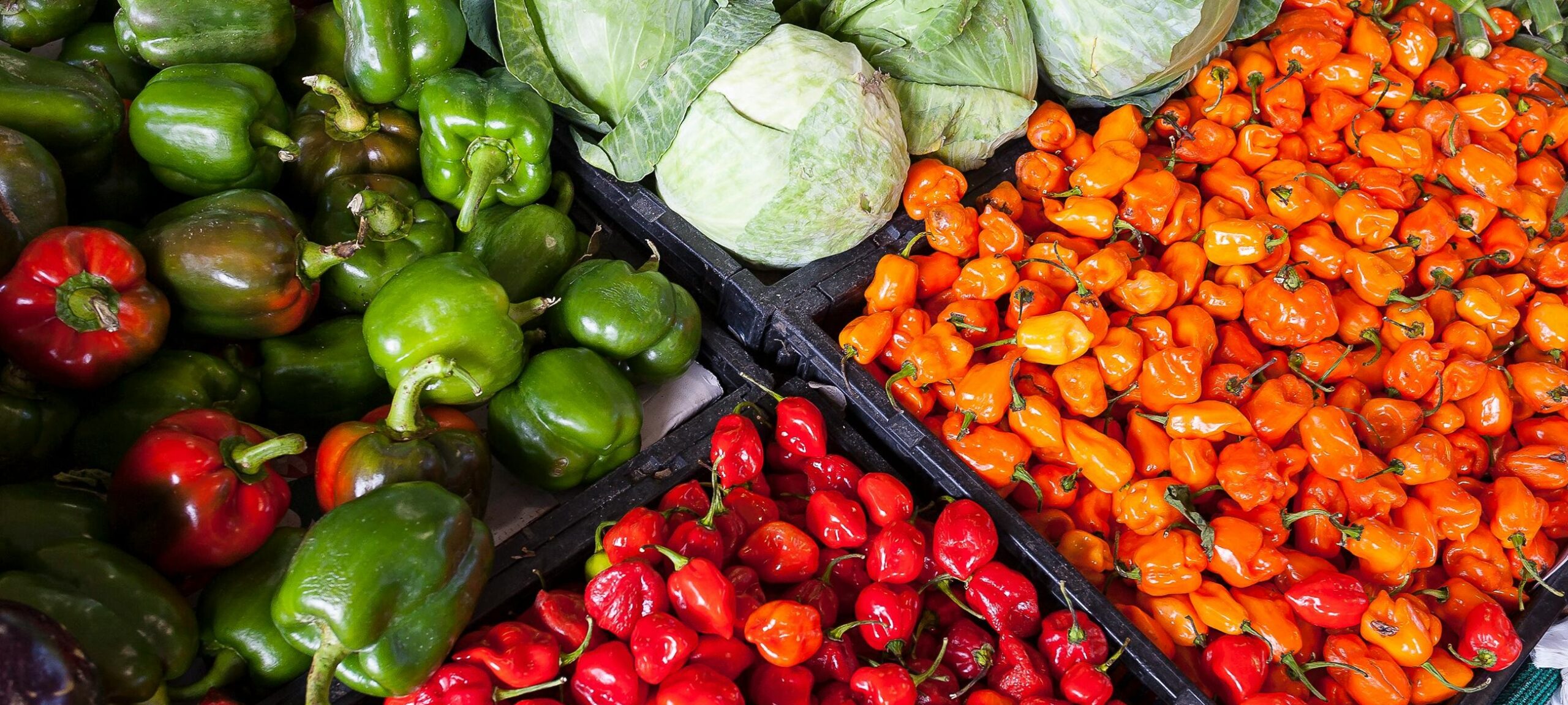
As an agronomist and the founder of Vantage Nigeria, a company specializing in farm setup and management, I’ve had a front-row seat to the evolution of agriculture in our country. Recent data from the National Bureau of Statistics (NBS) has shed light on some fascinating trends that are reshaping the agricultural sector in Nigeria. The Current State of Agriculture in Nigeria Agriculture remains the backbone of our economy and workforce. According to the NBS, over 25 million Nigerians are employed in agriculture, forestry, and fishing, accounting for a staggering 30.1% of the total workforce. This makes agriculture the largest employer in the country, surpassing even the bustling wholesale and retail trade sector. However, what’s particularly striking is the concentration of agricultural activities in rural areas.
The NBS report indicates that 68.7% of the rural workforce is engaged in agriculture, forestry, and fishing. This statistic underscores the traditional nature of Nigerian agriculture and its deep roots in rural communities. The Urban-Rural Divide While agriculture dominates rural employment, urban areas are seeing a shift towards other sectors. The report shows higher employment rates in urban areas for industries such as information and communication (89.5%), financial and insurance activities (88.6%), and professional, scientific, and technical activities (87.7%). This urban-rural divide presents both challenges and opportunities for the agricultural sector. As urbanization continues to accelerate in Nigeria, we need to adapt our agricultural practices to ensure food security and maintain the sector’s economic importance.
The Rise of Urban Agriculture
Despite the concentration of traditional agriculture in rural areas, urban agriculture is gaining traction in Nigeria. This trend is driven by several factors:
1. Urbanization: With more Nigerians moving to cities, there’s an increasing need to produce food closer to urban centers.
2. Food Security: Urban agriculture can help reduce dependence on rural food supplies and lower transportation costs.
3. Employment Opportunities: As traditional job markets in cities become saturated, urban agriculture offers alternative employment.
4. Technological Advancements: Innovations like vertical farming and hydroponics make it possible to farm in space-constrained urban environments.
At Vantage Nigeria, we’re seeing growing interest in urban farming setups, from rooftop gardens to high-tech indoor farms. These operations are not only producing fresh vegetables and herbs but also serving as educational tools for urban dwellers to reconnect with food production.
Rural Agriculture: Challenges and Opportunities
While urban agriculture is on the rise, rural agriculture remains important to Nigeria’s food security and economy. However, it faces several challenges:
1. Youth Migration: As young people move to cities in search of different opportunities, rural areas are losing potential agricultural innovators.
2. Limited Access to Technology: Rural farmers often lack access to modern farming techniques and technologies that could improve yields.
3. Infrastructure Gaps: Poor road networks and limited storage facilities can lead to significant post-harvest losses.
Despite these challenges, rural agriculture in Nigeria has immense potential. With the right support and investments, it can be transformed into a more productive and attractive sector. At Vantage Nigeria, we’re working on projects that introduce modern farming techniques to rural areas, helping to bridge the gap between traditional practices and contemporary agriculture.
Bridging the Urban-Rural Divide
As we look to the future of Nigerian agriculture, it’s clear that we need strategies that cater to both urban and rural contexts. Here are some approaches that could help:
1. Promoting Peri-Urban Agriculture: Developing farming activities in areas surrounding cities can create a buffer zone that combines the advantages of both urban and rural agriculture.
2. Leveraging Technology: Introducing mobile apps and digital platforms can help rural farmers access market information, weather forecasts, and agricultural advice, bringing some of the advantages of urban areas to rural settings.
3. Encouraging Youth Participation: By showcasing the potential of modern agriculture, we can attract young people to the sector, whether in urban or rural settings.
4. Developing Value Chains: Creating stronger links between rural producers and urban markets can benefit both sides, improving rural incomes and urban food security.
5. Customized Farm Management: At Vantage Nigeria, we’re developing farm setup and management solutions that are tailored to the specific needs of urban and rural contexts.
The future of agriculture lies in our ability to adapt to changing demographics while leveraging the strengths of both urban and rural settings. As we move forward, it’s important to remember that urban and rural agriculture are not competing forces, but complementary approaches to feeding our nation.




